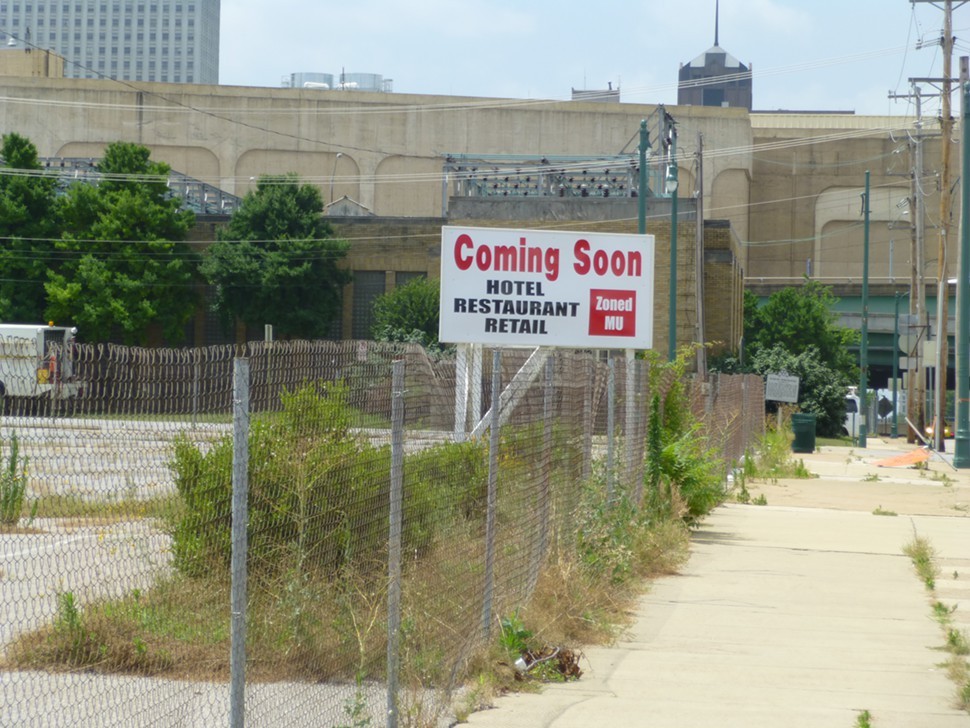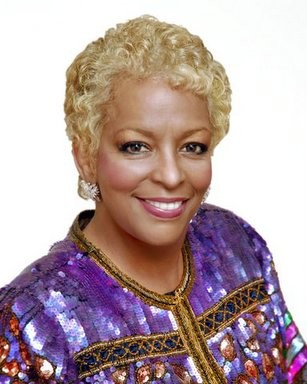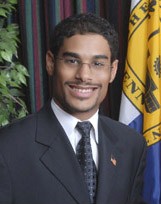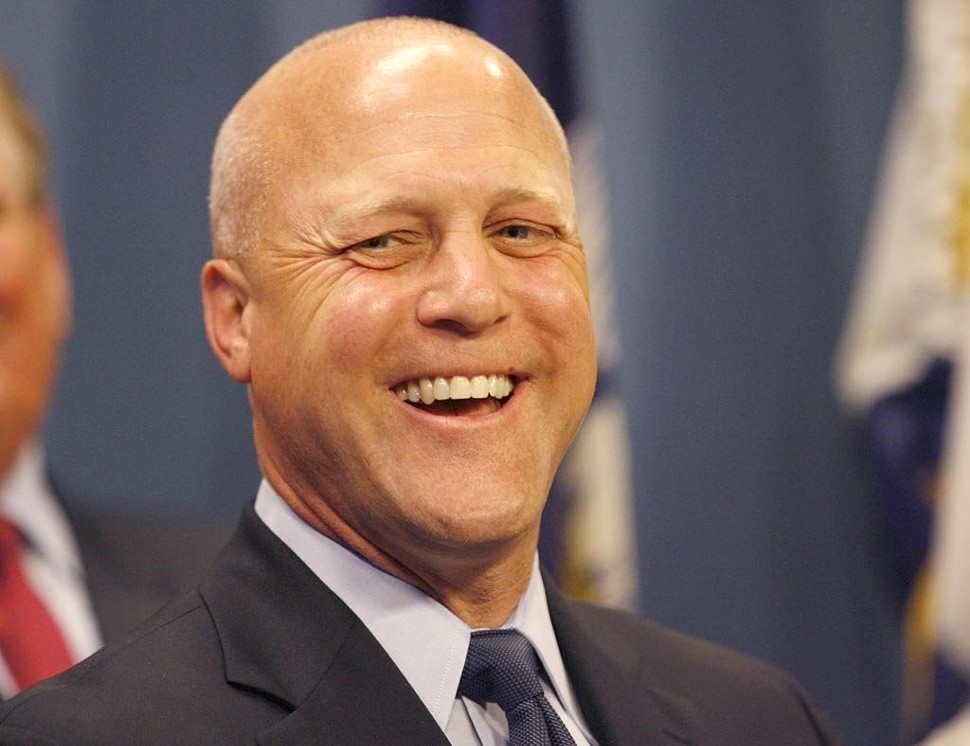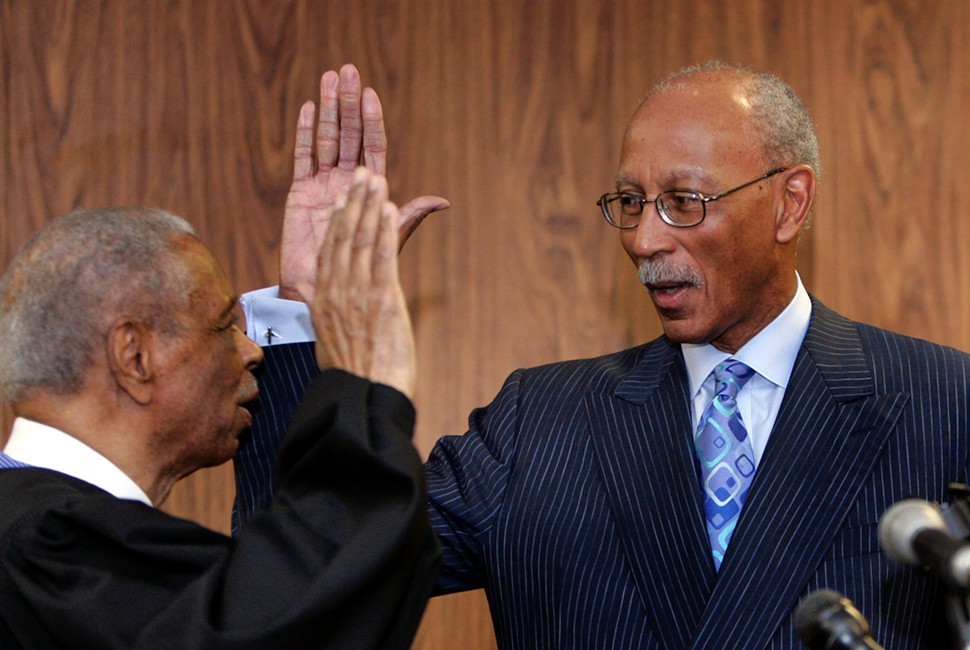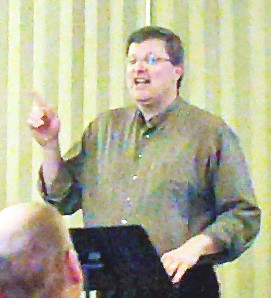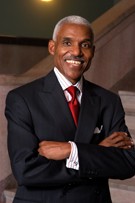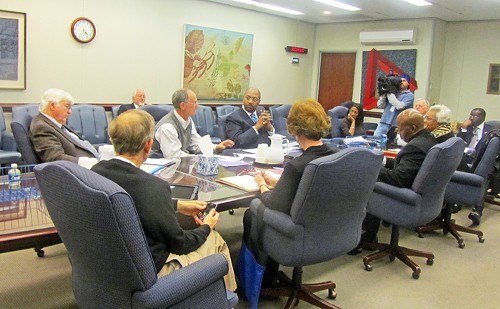Talk to City Council members, go to meetings, read the handouts, put a pencil to it, and here’s what I think about the budget, with one more meeting scheduled for June 25th.
1. This is complicated stuff. No wonder the council met for seven hours Tuesday. And no wonder that last-minute decisions are the new normal, as they are in Congress. On the 4.6 pay increase for city employees, the council split 6-6, with one member (Lee Harris) absent. Every member is a potentially crucial seventh vote on every big issue.
2. The once-and-for-all fix is an illusion. Shea Flinn challenged his colleagues to come out for a cover-everything-with-no-layoffs tax rate of $3.91, an increase of 80 cents over the current city tax rate. “We can all go home,” he said. No takers, even with the Heat and Spurs in Game Six. Several years ago, former Mayor Willie Herenton came to the council with a long-range fix that would have raised the tax rate a lot less than 80 cents. The council declined. But even if it hadn’t we would probably be about where we are now.
3. Putting a pencil to the 80 cent non-starter (using the property tax calculator on the Shelby County Assessor’s website), if you own a house worth $100,000 it would cost you an additional $200 a year in city property taxes. A $200,000 house would be about $400, and so on. You have to add county taxes to that. The Commission is looking at a 9 percent increase. On the $100,000 house, that’s an additional $90, or $180 on a $200,000 house, and so on. Added together, the 80-center and the 9 percenter would be about $290 for the $100,000 house and $580 for the $200,000 house.
4. To put that another way, at $580 a year, we’re talking low-end season tickets for the Grizzlies or a new washing machine every year. More than a dollar a day. Less than full-service cable television or most cell phone charges. Not saying that is a lot or a little. Just comparing.
5. Some will say the house valuations I used are too rich. You can find sources that put the “median” home below $100,000 depending on whether that is “value” or “sales price” during a particular time frame and this may or may not include foreclosure sales. According to a Kiplinger survey, Memphis is one of the ten least expensive places to live in the U.S. Kiplinger uses “median home value” whatever that is, and pegs it at $99,000. I don’t think many if any elected officials live in houses worth less than $100,000, but I know several who live in houses worth a lot more than that.
6. On the 6-6 vote on the 4.6 percent raise, Council chairman Ed Ford voted against it, along with five white council members, as he told me he would. White councilman Bill Boyd joined five black colleagues in voting for it.
7. If property taxes are a big factor in where people live then why isn’t Lakeland, which has no city property taxes yet, growing faster than Collierville, Germantown, and Arlington (where Lakeland high-schoolers go to school)? Obviously, schools and other factors come into play.
8. The biggest mistake the council can make, or one of the biggest anyway, would be cutting back on trash pickup. It’s a cliche to say that legendary big city mayors and bosses like E. H. Crump and Richard Daley, whatever their faults, got the trash picked up. Cities that work pave the streets and pick up the garbage at a minimum; broken cities don’t.
9. Tourism Development Zones (TDZs) like the one at the fairgrounds are toast, if not this year then next year or the year after. Bottom line: The tax money they funnel into big underused public buildings and capital improvements in places where people don’t live is needed more for general operating expenses in places where people do live.
10. The Riverfront Development Corporation didn’t use $317,000 in federal funds for a walkway behind the Pyramid so the feds are taking it back. The grant was issued 13 years ago. It would have built 4,350 feet of walkway from the existing walkway over the cobblestones to the bridge to Mud Island. Any marketer with a minimum of imagination could have dubbed this stretch and the adjoining Greenbelt walkway and Tom Lee Park walkway going up the hill to the lovely overlook at Martyr’s Park “The Great Mississippi Bike and Pedestrian Path.” It could have been open 10 or 11 years by now, hosting annual events ala Joe Royer’s canoe and bike races, but for the uncertainty of Bass Pro Shops in the Pyramid and the RDC being the RDC. Instead we have, in various stages of planning and construction, a boat dock for more than $40 million, a Bass Pro superstore for about $200 million, and a Main Street to Main Street Connector for more than $30 million. Probably $300 million in all, if and when it is finished. Think of all the things that could be done for $3 million, or one percent of that. Swinging for home runs has a price.
